Latest NRAO News
News is managed by NRAO News & Public Information. Questions about News? Have a story to share? Want to interview a scientist or create new media about our telescopes?
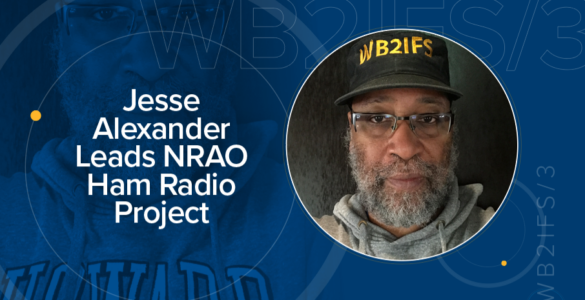
Jesse Alexander leads the Ham Radio Project, making the electromagnetic spectrum and radio astronomy accessible to BIPOC and LGBTQIA+ students.
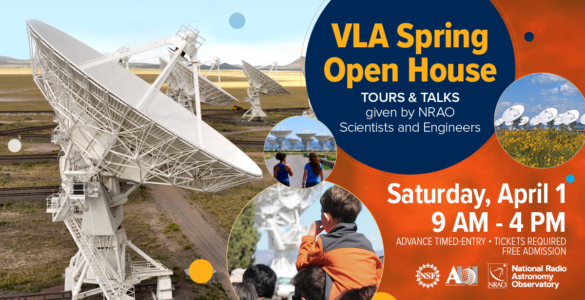
NSF’s Karl G. Jansky Very Large Array welcomes the public for a free open house on Saturday, April 1, 2023. Tickets free, but required. Get your tickets now.
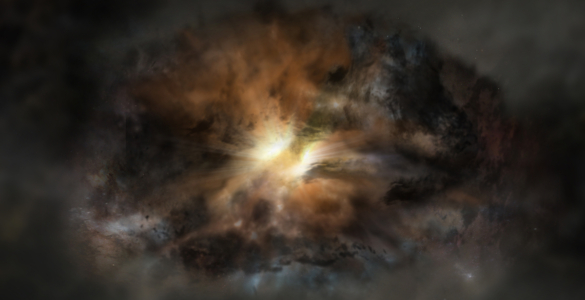
While studying galaxies in the early Universe with the Atacama Large Millimeter/submillimeter Array (ALMA), scientists discovered one of the most extreme galaxies ever recorded in the early Universe. What’s more, it was hiding a unique supermassive black hole (SMBH). The observations could unlock clues about the early formation of these violent giants and how to find them.
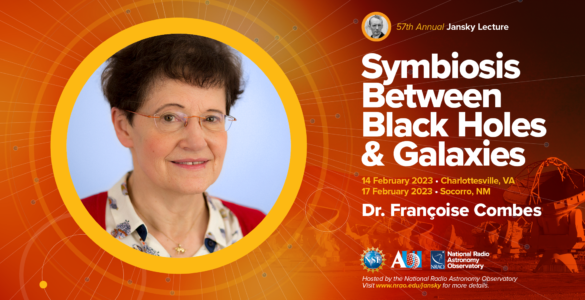
The 2022 Jansky Lectureship, an honor recognizing outstanding contributions to radio astronomy, has been awarded to Professor Françoise Combes, Chair of Galaxies and Cosmology at the College of France and Astronomer at the Paris Observatory. She will deliver the lecture, “Symbiosis between black holes and galaxies,” in Charlottesville, VA, Green Bank, WV, and Socorro, NM, in February of 2023.
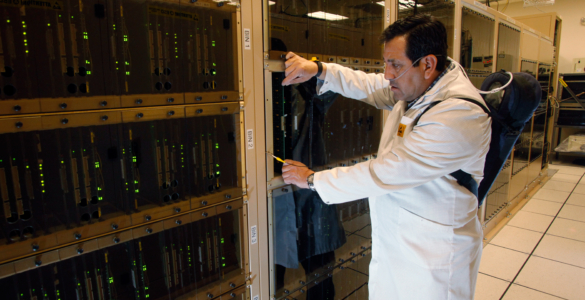
The Board of the Atacama Large Millimeter/submillimeter Array (ALMA)— an international collaboration in which the National Science Foundation’s National…
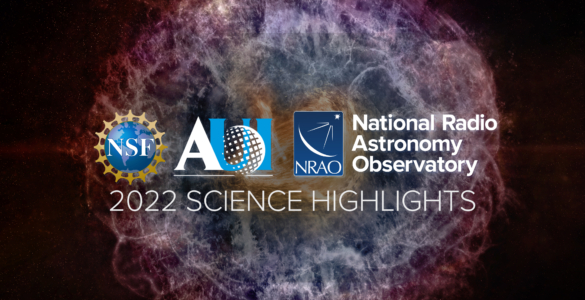
The Universe is a dynamic and exciting place, with stars, planets, and galaxies being born, dying, and undergoing dramatic changes. In 2022, the telescopes of the National Science Foundation’s National Radio Astronomy Observatory (NRAO) revealed fascinating new details about several of these processes, and we’re giving you a taste of the greatest radio astronomy moments of the year.





